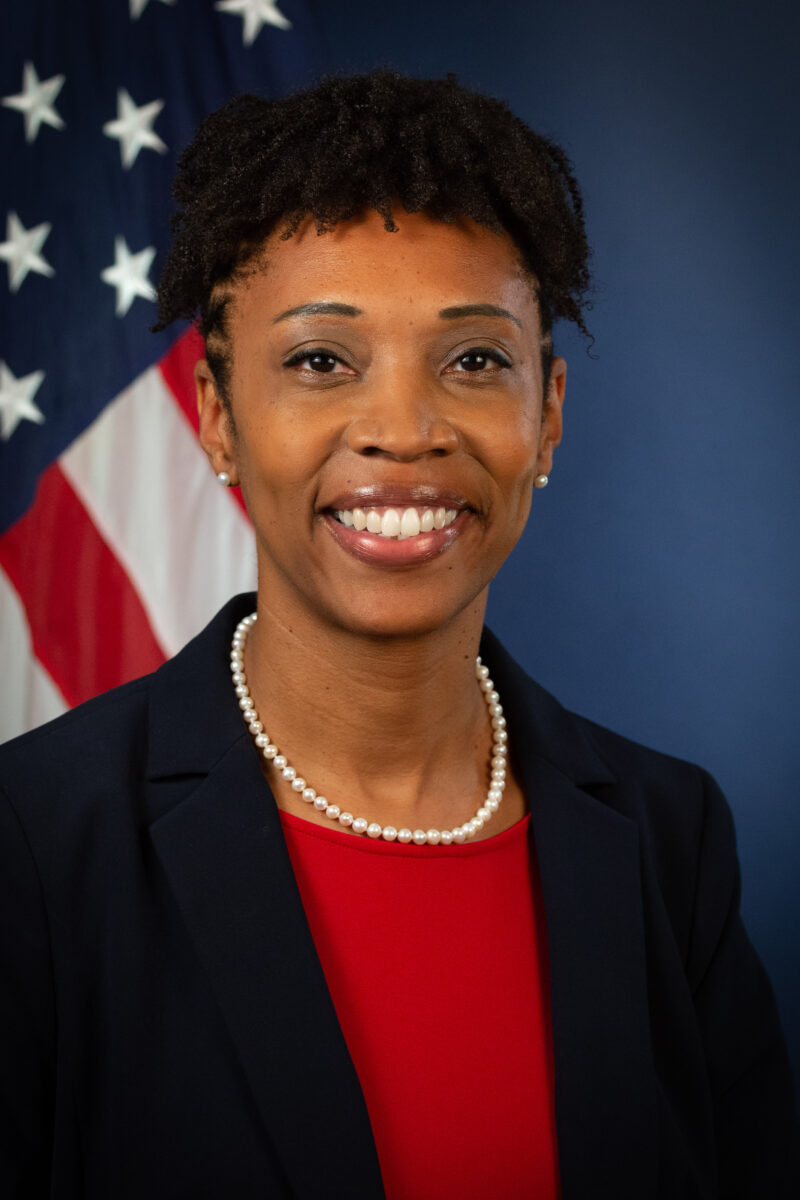After an extensive review of the Voluntary Self-Disclosure Policies in 2022, a number of U.S. Attorney’s Offices (USAOs) have developed and adopted a new set of policies designed to encourage companies that discover misconduct to disclose it to their local USAO instead of attempting to conceal that misconduct in an effort to avoid punishment.
The new policies went into effect on Feb. 22 and are intended to standardize the handling of voluntary self-disclosure across all jurisdictions. These policies are designed to make self-disclosure more likely by offering clear the benefits for a company that may be faced with a difficult situation.
Vanessa Roberts Avery, the U.S. Attorney for the District of Connecticut, explained the new policy which she helped develop, discussed the need for the update.

“We are hoping that companies will take a close look at the policy and understand that there are benefits if they engage in appropriate remediation,”Avery said. “I think probably the biggest thing that’s new is just trying to make sure that we have standardization and some uniformity across the U.S. Attorney’s Offices community so that there’s more predictability and transparency to make sure that folks know what to expect.”The new policy states that in order to qualify as a case of voluntary self-disclosure, a company must report misconduct by its employees or agents prior to public reporting on the misconduct or the U.S. Department of Justice learning of the incident. The companies will also need to make the misconduct known to their USAO in a timely manner before an investigation is underway and fully commit to assisting and turning over relevant materials.
For companies that voluntarily disclose and meet other conditions laid out by the USAO, the benefits include knowing that the USAO will not seek a guilty plea and may choose not to impose any criminal penalty ”“ or, at least, will keep all penalties below 50% of the low end of the fine range defined by federal sentencing guidelines. The policy will also guide USAOs not to impose a compliance monitor if the company can demonstrate the implementation of a robust and effective compliance program.
There are three “aggravating factors”which can lead the USAO to seek a guilty plea, although other benefits including reductions on imposed fines and exemption from outside monitors can still be expected. A USAO may also choose not to seek a guilty plea after assessing the situation.
“We hope that even if companies are in a situation where they might have an aggravating factor that they understand that’s not necessarily a bar to the potential benefits here,”explained Avery. “We want companies to know that even if they had issues in the past they still potentially benefit from this program.”Those aggravating factors include situations where the misconduct poses grave threats to national security, public health or the environment, or if misconduct is pervasive throughout the company and/or includes the involvement of the current executive management.
Avery noted that these regulations are particularly useful in areas such as Fairfield and Westchester Counties where business entities are likely to have a presence on both sides of the border. Consistent regulations make the decision easier by removing questions about where to report misconduct.
“We have tried to make sure that these policies are flexible enough to encompass small businesses as well as large companies,”Avery added. “The message we want to send is that if you identify misconduct within the company and voluntarily self-disclose it without any preexisting obligation to disclose and you do that in a timely manner while you share all the relevant facts there are potential benefits such as significantly reduced penalties. Especially for smaller businesses the prospect of not having the need for a monitor is attractive.”Avery also noted that the goal of these policies is to protect the public rather than punish companies.
“As a general public we benefit when corporations engage in responsible conduct,”Avery said. “We want to incentivize a culture where people have effective compliance programs that are capable of identifying misconduct expeditiously when it does occur so that people feel that there is an incentive to remediate misconduct. We are here to help businesses succeed. We want to see businesses being good citizens and a part of our communities.”

















